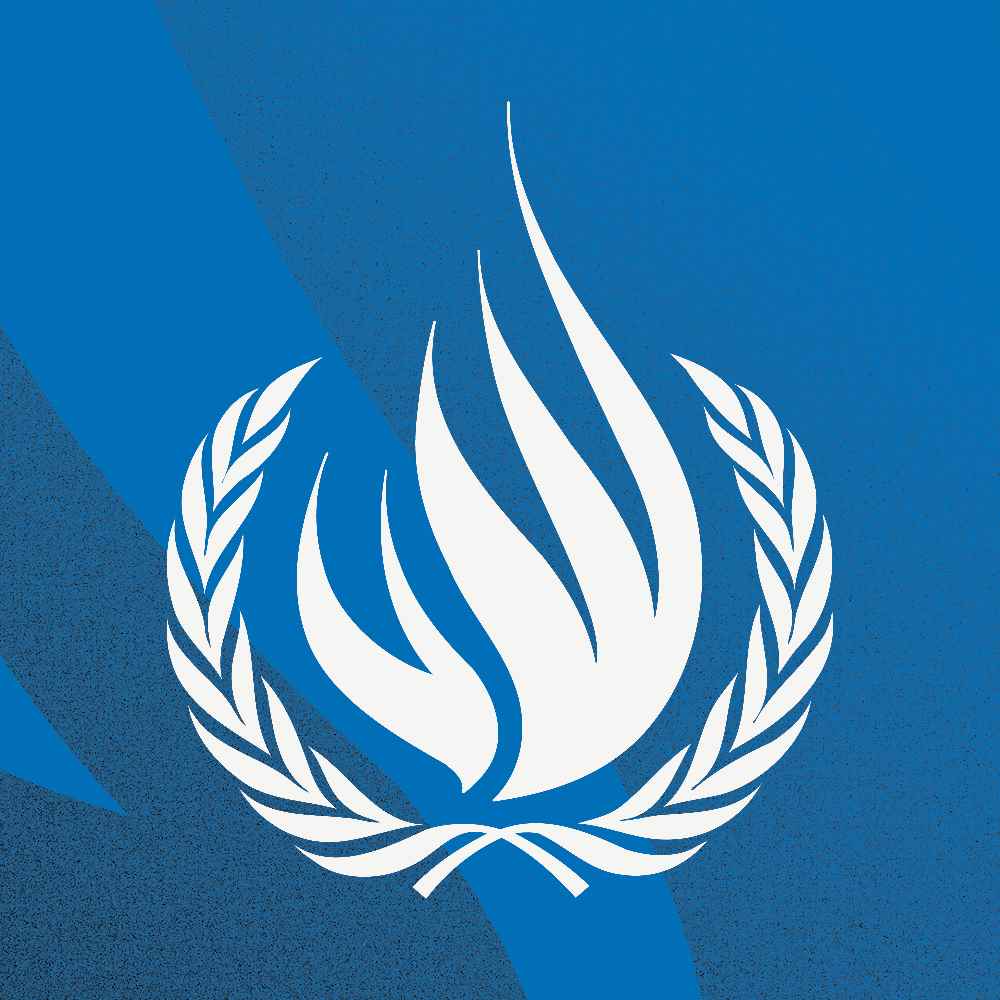
User Protection Bill could allow rights abuses to be concealed during times of unrest
It ‘represents a worrying step towards the consolidation of a digital wall’ in the country
LONDON: Two UN experts have called on Iran to “abandon its efforts to enact a new law that would effectively isolate the country from the global internet.”
In a joint statement, Javaid Rehman, special rapporteur on the situation of human rights in Iran, and Irene Khan, special rapporteur on the right to freedom of opinion and expression, warned that Parliament could soon ratify the Regulatory System for Online Services Bill.
More commonly referred to as the User Protection Bill, it grants Tehran and the military “extensive control over infrastructure that connects Iran to the global internet.”
If enacted, the legislation would force technology companies to “follow state guidelines” or be subject to bandwidth throttling and blocking. It would have a raft of implications for the rights of global companies and Iranian citizens.
The bill would likely block any remaining websites and platforms run by foreign companies still operating in Iran, require people to use IDs to access the internet, and criminalize the distribution and sale of virtual private networks, according to the UN experts.
“This bill represents a worrying step towards the consolidation of a digital wall in Iran,” they said. “It will further restrict information in an environment where the freedom of expression and other fundamental rights are already heavily curtailed.
“It also interferes with the right of individuals to participate in cultural life and have access to cultural resources.”
Internet shutdowns have long been used by Tehran as a tool to hide human rights abuses, especially at times of unrest.
In 2019, during some of the largest ever anti-regime protests seen since the 1979 revolution, the internet was shut down to hide the deaths of at least 324 people at the hands of security forces, including the Islamic Revolutionary Guard Corps.
“Shutdowns and disruption of internet services have since continued, particularly in connection with protests,” said the UN.
The User Protection Bill would further enhance Iran’s ability to disconnect its population from the outside world during times of crisis.
The UN experts said the bill would not only restrict information but also hamper business operations and adversely impact sectors reliant on information technology, including science, education and medicine.
“It is beyond dispute today that economic and social development of societies rest on access to information and an enabling environment for the exchange of ideas and cultural resources,” they added. “We call on the Islamic Republic of Iran to re-consider this bill.”












